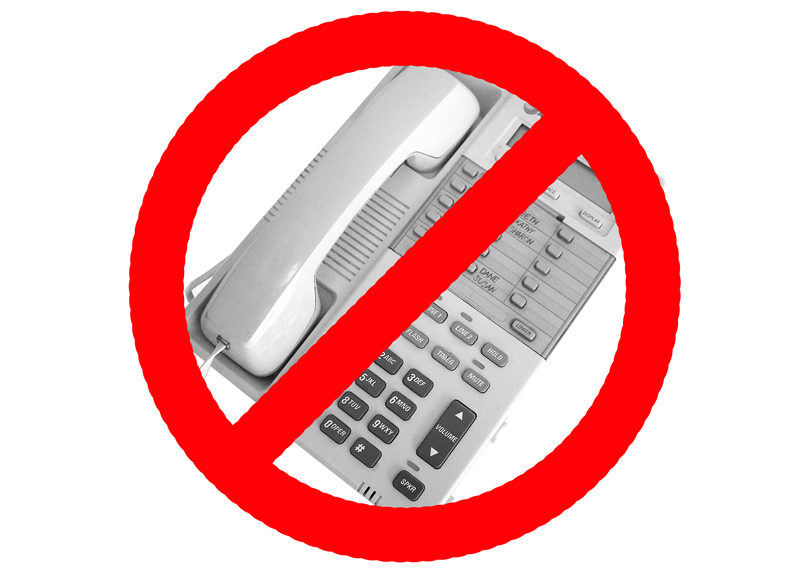“I t was an honest, mundane customer service job, advising the customers of Delta Air Lines on such matters as lost baggage and frequent-flier miles, for a mediocre monthly salary of $150. He was sitting on a waiting room sofa when he picked up The Times of India and read that 700 of his co-workers had been detained the night before.”
Those 700 co-workers were arrested one evening at a call center in a suburb of Mumbai known as Mira Road due to the suspicion that they were defrauding American citizens with a telemarketing scheme designed to frighten people into giving up their money in exchange for not being harassed by government agencies of the United States, according to this article written by Ellen Barry of The New York Times.
“And the U.S. Cheats the Whole World!”
The police said that others, like the landlord who had rented the building to the swindlers, wondered why the authorities cared in the first place. “He said, ‘What happened?’” said Parag Manere, a deputy commissioner of police. “‘We are not cheating people in India! We are cheating people in the U.S.! And the U.S. cheats the whole world!’”
This rationalization epitomizing contempt for the United States is not the only factor which fuels this particular scheme of long-distance swindling. As indicated in the statement shown above from the aforementioned article, there is the typical belief that — because the crime is being committed across international borders and oceans — the perpetrators will unlikely be caught because officers of local law enforcement agencies simply will not care…
…but there is also the money: 16,000 rupees — or approximately $230.00 — was average for the monthly salary earned by employees at call centers; but the bonuses were double or triple that amount when based on sales. Ratchet that figure up to around ten times that amount when purposely committing oneself to perpetuating fraudulent activity.
Technology also facilitates fraud: computer technology has advanced to the point that entry into this scheme is easier than ever — to the point where virtually anyone can do it.
Arguably the most important factor is this interesting statement from the article that “the key to the whole thing was a psychological fact: Americans fear their state.”
To increase the chances of success in perpetuating this fraud, people who are considered the most vulnerable are targeted — for example, foreigners who recently arrived in the United States and fear that they have not performed due diligence in ensuring that they are indeed permitted to stay in the country legally.
“In India, people are not afraid of police. If anyone wants to come and arrest, they say, ‘Come and arrest.’ It is easy to get out of anything. But in America they are afraid. We just need to tell them, ‘You are messing with the federal government,’ and that is all.”
My Experience
Despite the preferred target of the scammers being someone who is vulnerable, anyone can be a potential victim.
Back on Thursday, January 7, 2016, I received what could have been interpreted as a voice message through my telephone and listened to it, pertaining to an enforcement action executed by the United States Treasury due to some federal criminal offense which I apparently committed; and the voice message was by someone with a thick accent.
Listen to the voice message for yourself:
Please read this article to find out how I dealt with this particular scammer.
Summary
That voice message was clearly designed to intimidate me into giving the scammers my money in exchange for not being harassed by an official branch of the United States federal government — and that is exactly what the scammers are hoping to accomplish; but it did not work with me…
…and the latest telephone scam involves nefarious individuals who want to record your affirmative answer and use it to authorize fraudulent and unwanted charges — especially if they already possess important information and sensitive data about you — such as your credit card or Social Security numbers as two of many examples. All they need to do is ask you if you can hear them to get you to say “yes” or some similar answer. Find out how to do what you can to prevent yourself from having this fraudulent activity successfully happen to you.
This informative warning from Marisol — who is a reader of The Gate — alerts of a slight difference in what is otherwise the same procedure in the latest scam: “Just FYI – Instead of asking ‘can you hear me’, they are now asking ‘are you there’ and are repeating it twice.”
Aside from complaints from customers who have had difficulty dealing with call centers based in India for a variety of reasons, I would not be surprised if the potential exposure of innocent victims to crimes as acknowledged in this article is another reason why airlines based in the United States reversed course by having the majority of their call center operations back within the United States in recent years…
Photograph and illustration ©2017 by Brian Cohen.

